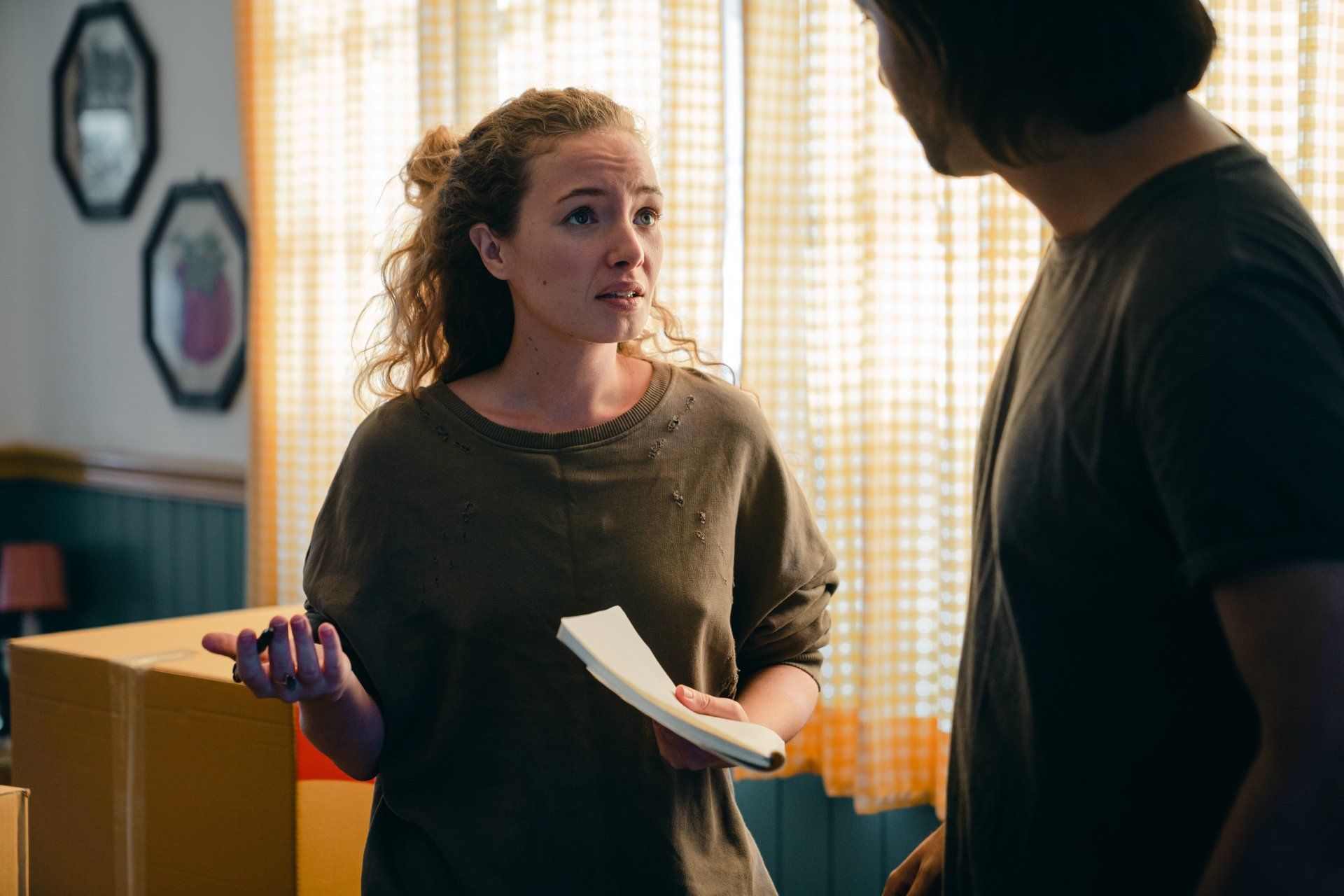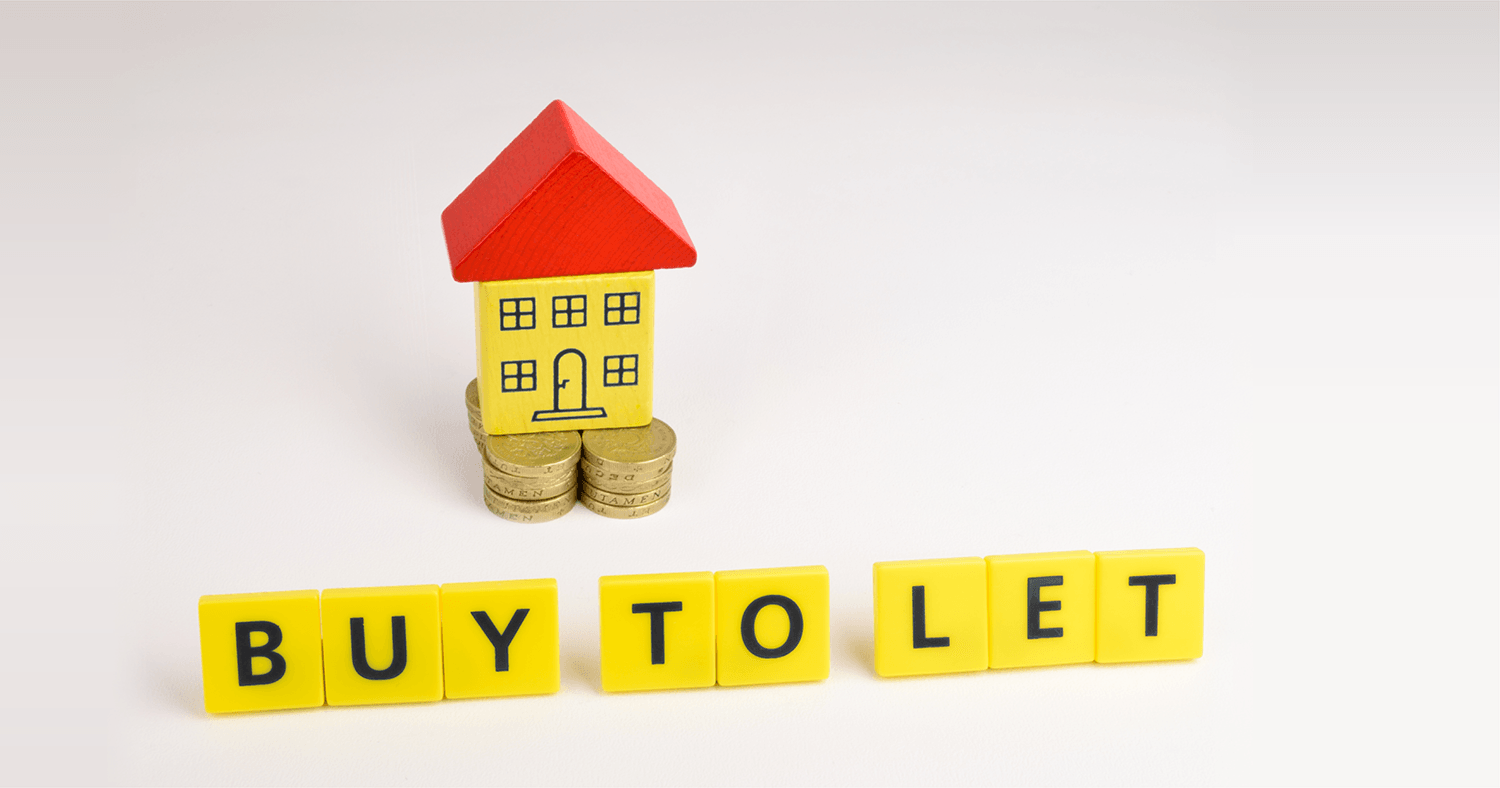The Value of Protection
Sylvia and Jim met at university and married within months of graduating. After their honeymoon, Sylvia was delighted to land a job in publishing, while Jim put his gift of the gab to good use in a sales role. A year after tying the knot, they bought a house. The couple were looking forward to spending the first Christmas in their own home and had a trip to Iceland planned to see in the new year.
However, on his way home from work on Christmas Eve, Jim was involved in a car accident and suffered life-changing injuries. The future suddenly looked very different. Jim was unable to work following the accident and Sylvia left her job to become his full-time carer. They could no longer afford to pay the mortgage and lost the house.
Hopefully, you’ll never find yourself in a situation similar to Sylvia and Jim. However, when you take out a mortgage - as well as insuring the building and contents - it may be worth thinking about getting protection insurance to provide financial security should you or your partner become critically ill or die.
What is protection insurance?
There are three main types of protection insurance:
Income protection insurance
This provides a regular income if you’re unable to work due to an injury or illness. You can get policies that replace a percentage (usually up to 70%) of your lost income until you return to work, reach retirement or die, or until the policy term ends. Or, you can opt for a cheaper policy covering you for a limited period of time. Sylvia and Jim are not unusual in the fact they didn’t have income protection insurance. Research by the insurer Drewberry revealed 17.2% of people have never even heard of income protection insurance.
Life insurance
This provides either a single lump sum or a regular income to your loved ones when you die. This money can be used to pay off your mortgage or provide an income to cover ongoing household expenses.
Serious and critical illness insurance
This provides a single lump sum on the diagnosis of a range of serious, non-fatal conditions, including heart attack, stroke and cancer. It often comes as an optional extra to life insurance but can be bought separately.
So, do you really need protection insurance?
Figures from Aviva suggest that a lot of people do. In 2022, they paid out a total of over 1 billion to over 50,000 customers in the UK. And that’s just one insurer.
But do these policies pay out when you need them?
In 2023, Aviva paid out on 97.8% of life insurance claims, 91.6% of critical illness claims and 92.5% of income protection claims. Meanwhile, figures from the Association of British Insurers and Group Risk Development show that, in 2023, the insurance industry paid out a record £7.34bn in protection claims. These figures suggest insurance companies do generally pay out.
There are also simple steps you can take to reduce the chances of a denied claim. According to Aviva, the most common reasons for refusing to pay out are:
- incorrectly completed forms
- failure to disclose all the facts up-front
- not meeting the policy criteria for a pay-out
Getting help from a professional will help ensure you find the most appropriate cover for your circumstances and avoid doing anything that might jeopardise a potential claim.
If you would like to find out more about the income protection, critical illness or life insurance cover, we’ll be happy to help.

Key takeaways:
- When you take out a mortgage, as well as insuring the building and contents, it’s worth thinking about getting protection insurance to safeguard your home in the event of you or your partner becoming critically ill or dying.
- The three main types of protection insurance to consider are income protection insurance, life insurance, and serious and critical illness insurance.
- Getting help from a professional will help ensure you find the most appropriate cover for your circumstances and avoid doing anything that might jeopardise a potential claim.
Approved by The Openwork Partnership on 04-01-2024






Mortgage Monkeys is a trading style of James Paul Beadell which is an appointed representative of The Openwork Partnership, a trading style of Openwork Limited which is authorised and regulated by the Financial Conduct Authority.
The information on this website is for use of residents of the United Kingdom only. No representations are made as to whether the information is applicable or available in any other country which may have access to it.
Approved by the Openwork Partnership on 24th April 2024








